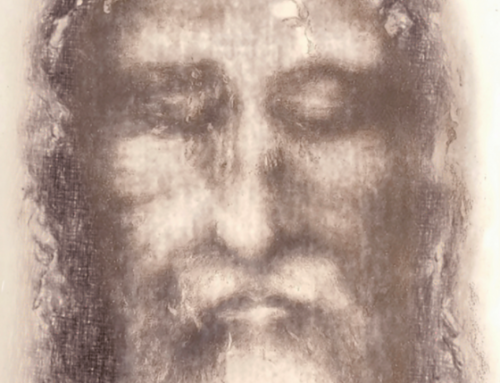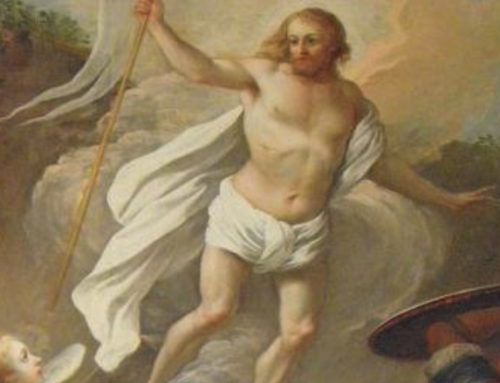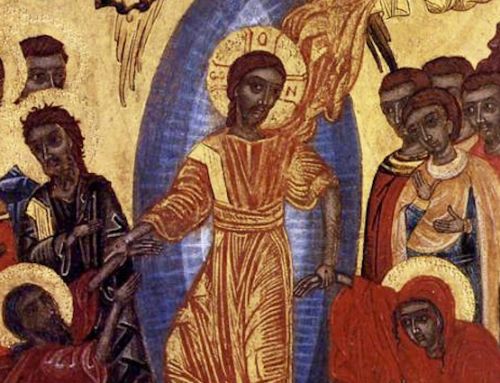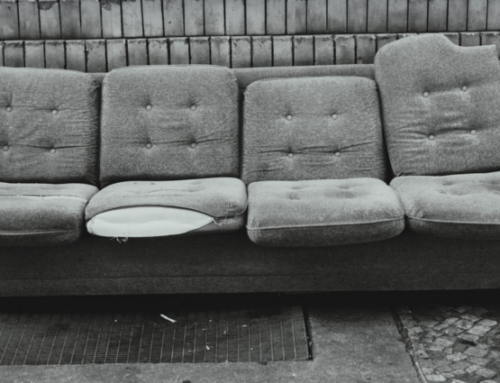Author’s Introduction: Imagine if Homer, Virgil, Dante, Chaucer, and the other great poets of ancient Greece, Rome, and the Middle Ages had been given the gift, not only to peer into the twenty-first century, but to correspond with us who live in that most confusing and rudderless of centuries. Had it been in their power to do both of those things, what might they say to us? How would they advise us to live our lives? What wisdom from their experience and from their timeless poems might they choose to pass down to us?
Homer: On Decision-Making
I sang of the wrath of Achilles, how it sent men in their numbers to their graves below, leaving their bodies food for birds and wild animals. And I sang of Odysseus’ long journey home, and the toll that his wanderings took upon him, his men, and the people he met along the way.
These formed the great matter of my epic poems, but I could have chosen other subjects to explore and other heroes to celebrate. I selected these for they allowed me to peer deeply into the soul of man: to see how he ponders things in the secret places of his divided heart, and how and why he chooses to act as he does.
The agony of choosing, of making decisions, has not changed in the 2700 years that separate my world from yours, even as they did not change in the 500 years that separated my time from that of the Trojan War. Rich man or poor man, soldier or farmer, king or beggar: all must choose, and all must live with the consequences of their choices.
The heroes I chose for my epics were men of impulse—good at heart but too quick to feel and to burn, to act and to react. They rushed in without looking ahead or counting the cost or assessing the damage they might inflict on themselves and others. In the end, they learned, but the education was a painful one.
#
It is true that my Agamemnon was a weak leader, but my Achilles pushed him too hard. He refused to give his commander-in-chief any quarter, preferring to give vent to his anger and frustration when silence would have served him better.
You can’t make good decisions if you don’t listen to other people. Alas, when Agamemnon threatened that he might take away Achilles’ prize, Achilles stopped listening. In the place of reason, Achilles substituted spite, allowing himself to be driven forward by bitter memories of past offenses done to him by Agamemnon.
Lingering on old wounds fogs the mind and makes it impossible to think clearly. I have found that you are a more optimistic people than we, eager to press on to a better future. That is a good thing, but it often fools you into thinking that you’ve overcome your childhood grievances and the resentments of your youth.
Achilles made wrong choices because he could not let go of the many snubs (real or imagined) that he had received from Agamemnon. Many in your day make wrong decisions because you won’t be honest with yourselves about your repressed hostilities. As adult decision makers you are driven by a desire to get back at those who hurt or shunned or humiliated you when you were young—but you will never face or admit that desire directly and honestly.
My Achilles caused much death and sorrow before coming to know himself, but he did achieve self-knowledge in the end. After he agrees to give the body of Hector back to Priam, Achilles warns the grieving father not to push him too much lest he do something rash and provoke the anger of the gods. In other words, he comes to see what he could not see before: that he is impulsive by nature and needs boundaries.
I fear that the people of your age don’t want to accept limits upon themselves. You make decisions as if you will live forever, as if things will always go on as you wish them to. You will not, and they will not. If Achilles, that brash, impetuous, passionate young man, can learn such things, then you can as well.
#
My Odysseus was a lot like you. He thought he was invulnerable, that his wit and his craft and his well-oiled tongue would always get him out of every scrape. He had to learn a lot of hard lessons along the way.
True, he saved his men from the cave of the Cyclops, but he only did so after his rashness and greed got them into trouble in the first place. And, oh, that terrible boast he shouted at the Cyclops; it haunted him for ten years. He could no more restrain his bravado than Achilles could his rage.
And yet he, too, learned in the end the necessity of limits. Once back on Ithaca, he put up with every manner of indignity. He disguised his strength and his charisma in the clothes of an old beggar and allowed himself to be mocked and manhandled by the very men who were turning his household upside down.
His travels taught him the need for humble and patient prudence. It was no longer about what he wanted, but what was best for his family and his kingdom. He learned to take the long view and to curb his need for immediate, unthinking action. And, because he was able to do so, he succeeded in restoring the world that had been taken from him by the very curse of the Cyclops that he had brought down on his own head.
If you would do the same, children of the twenty-first century, then you must block your ears to the siren song of instant gratification. Stop, think, deliberate. Don’t follow the first impulse that pops into your head, lest you end up losing that which is most precious to you—as Achilles lost his dearest friend and Odysseus his entire crew.
Decision-making calls for a cool head and a mind free from distraction. Ghosts from the past and fears of the future are like clouds that block the rays of the sun. When we let them influence our choices, our reason falls into shadow.
Let those clouds of confusion blow away and turn your eyes to rosy-fingered dawn. Let her light your way toward clear thinking, the kind that restores old enemies and rebuilds the things that have been broken.
—Homer
The Imaginative Conservative applies the principle of appreciation to the discussion of culture and politics—we approach dialogue with magnanimity rather than with mere civility. Will you help us remain a refreshing oasis in the increasingly contentious arena of modern discourse? Please consider donating now.
Editor’s Note: The featured image is “Triumphant Achilles dragging Hector’s lifeless body in Troy.” The original painting is a fresco on the upper level of the main hall of theAchilleion at Corfu, Greece. Courtesy of Wikipedia.








Leave A Comment